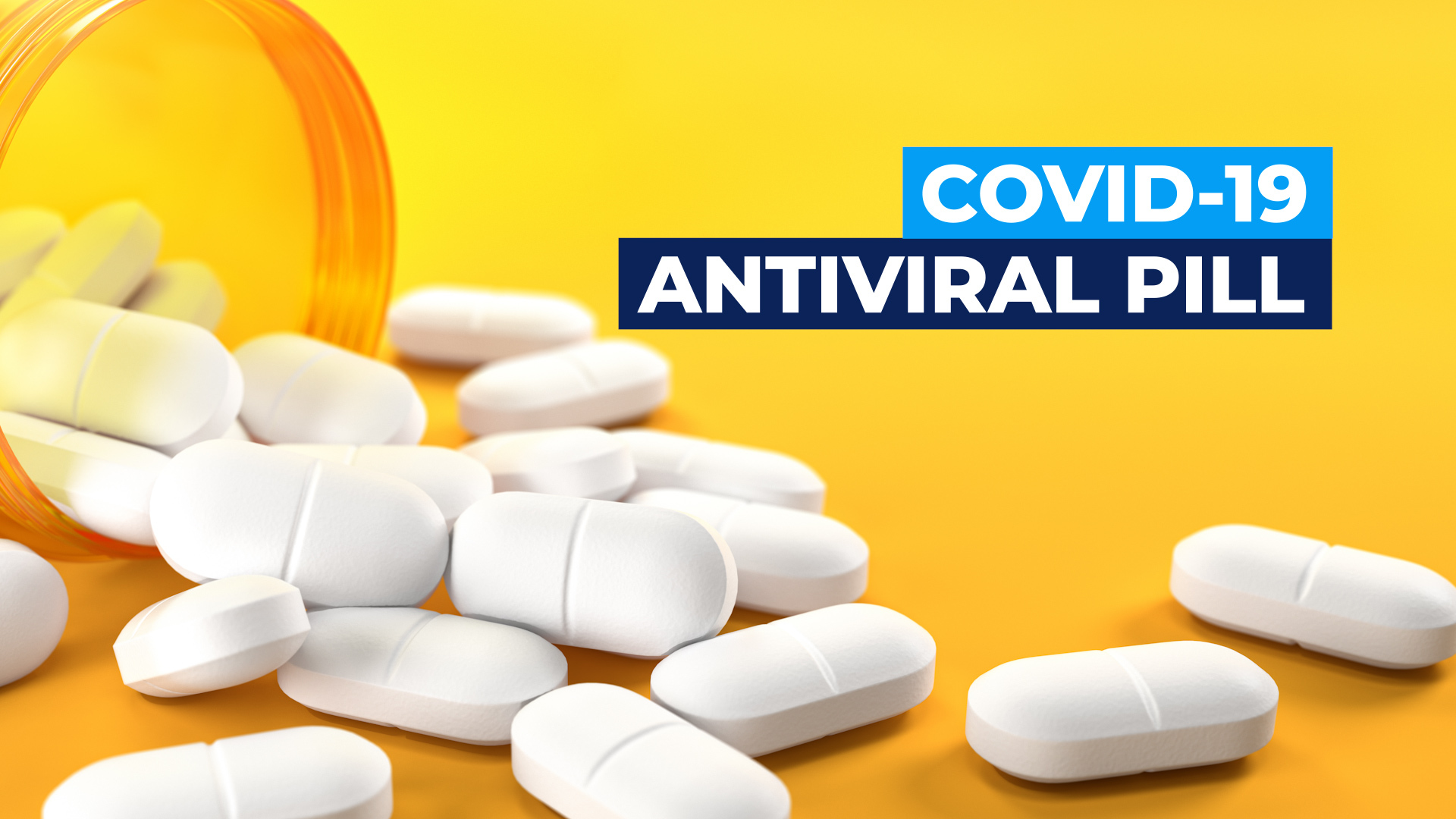
PFIZER ANNOUNCED THEY’RE TESTING A NEW anti-viral PILL…that would TO HELP fight COVID at the first sign of illness. WHILE WE WAIT TO SEE IF IT’S SUCCESSFUL OR NOT, THIS KIND OF HIGHLIGHTS THE WORK AND INNOVATION STILL GOING ON SURROUNDING COVID TREATMENTS.
I’m joined now by straight arrow medical expert, Dr. Payal Kohli. Dr. Kohli, what can you tell me about this pill and what it could mean for the pandemic.
You know, we’ve been waiting a long time for this, and we spend a lot of attention and, and focus on the vaccines, which are really the prevention of getting infected. But I think the pill really helps us to to, okay, if you do get infected, then what happens, you want to improve outcomes, and you want to reduce the person’s infectivity. So I think this is going to be a breakthrough if it does come through. And if it does show in the clinical trials, that it is able to not only accelerate the resolution of symptoms, but also prevent infectivity. It’s going to make COVID just a cold and nothing else. And we have the precedent for this from other infections, such as of course, the flu infection with the Tamiflu, we also have it with infections like hepatitis C. So I’m really excited to see the results of this study.
And you kind of touched on my next question, you know, has something like this been done before? What’s kind of the history of antiviral pills?
we know that if you get you know, infected with the influenza virus, and you take Tamiflu, it can you know, accelerate the resolution of your symptoms and reduce your infectivity, but it’s hit or miss. Whereas there’s other viruses such as the HIV virus, for example, when you get infected that if you take those anti retrovirals and prevent viral replication, you can essentially completely change the course of the trajectory of the illness. So I think the success has been variable depending on the disease type, but for the Coronavirus, and very optimistic because of the type of virus that it is. And because it is so contagious, that something like this could really help us fight this on a public health and global perspective.
And I think one thing that really made this news story interesting to me is the fact that we’ve seen these hospitals just being inundated with patients, we’ve seen people who have been hesitant to get a vaccine, so maybe this is another option to just continue to combat COVID.
Yeah, you know, what made me really excited about this is that I have patients calling me all the time and saying that they tested positive for COVID. And now what do I do doctor? And usually the answer is just wait and see which type of illness you’re gonna have, is it going to be mild? Or is it going to be more severe, which might mean antibodies and other types of therapies. But now we have something like this, it would be my reach, I would say go ahead and start this because it might make you feel better faster, it’ll also potentially reduce the exposure to your other family members. And you know, the antibodies is one of the other things we have in our armamentarium. But logistically, that’s a lot more difficult to roll out because they’re given intravenously, as opposed to just a pill that can be accessible in rural areas that can be accessible to more Americans and through your regular pharmacy.
Well, Pfizer has said, you know, if the tests for this pill are successful, they want to try to roll it out by the end of the year. So I know for a lot of people, a lot of doctors, it can’t come soon enough.
I would second that for sure. You know, and thankfully the individuals that get vaccinated tend to generally have a mild course of illness. But we’ve seen fully vaccinated people end up in the hospital and of course, the unvaccinated people with a Delta variant, which is so much more aggressive and more likely to end up in the hospital. for them. This would be a game changer. But I want to be clear that this is not a substitution for the vaccine. This is another tool in our armamentarium after we get vaccinated to keep ourselves healthy and to keep our life back to normal the way that we like to see it so I really don’t want people to think of this as that it’s going to bail them out. If they get COVID and they get sick because that’s not where we’re headed with this. It’s more that, you know, it’ll it’ll kind of attenuate or decrease the volume of your symptoms and your infectivity.
Well, I want to thank you as always for your time, Dr. Kohli, I really appreciate
it.
My pleasure. Thanks for having me.
Unbiased news. Directly to your inbox. Free!
Learn more about our emails. Unsubscribe anytime.





